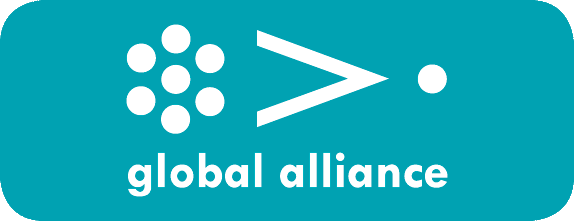#EthicsMatter - The Whole Truth
The assault on truth and proliferation of disinformation in public discourse makes adherence to strong ethical standards even more important for strategic communication leaders in business, government and civil society. We have a responsibility to the public and to our institutions to ensure that our communication and, indeed, our very actions, adhere to a set of moral principles that the public can understand and accept as being in the best interest of society.
The founders of the Page Society set out the Page Principles nearly 40 years ago based on the lifetime work and writing of Arthur W. Page, who was head of public relations for AT&T from 1927 to 1946. Despite their relative antiquity, the Page Principles remain as relevant in today’s digital commons as they ever have; maybe even more so.
The first Page Principle is Tell the Truth. So easy to say, but not always easy to do. What is the truth? Certainly, there are objective facts, but even those sometimes find disagreement based on one’s perceptions. And, too often, enterprise communicators have used the facts, but left out pertinent other facts in a way that leaves a wrong impression. That may be failing to lie, but they certainly are not telling the truth.
I have always argued that our job is in fact to tell the whole truth and nothing but the truth, as witnesses are sworn to tell in court proceedings. That means we can’t leave out inconvenient facts, nor ignore legitimate opposing views. It also means we should adhere to journalistic standards when determining what is true. The fact that everyone in our enterprise believes something is not enough. We have an obligation to assess our own enterprise’s beliefs with the same objective lens that a fair and impartial journalist would use.
The second Page Principle is Prove It with Action. This is critically important, as ethics involve not just what we say, but also what we do. In fact, as Mr. Page himself famously said, “Public relations is 90 percent doing and 10 percent talking about it.” At Page, we argue that the number one job of the chief communication officer is not messaging or storytelling or stakeholder relations, but rather it is to help the enterprise determine and activate its corporate character.
By that we mean, the enterprise should have a purpose, a mission, and a set of values that are worthy of support from stakeholders and society at large. Those things are, in essence, the moral principles that you embrace. But then, the real challenge begins: The enterprise must align its behaviors, its strategy and its operating model to those principles.
This, of course, is extraordinarily difficult, but it’s not enough to believe something without taking the trouble to ensure that all people associated with the enterprise not only accept those beliefs, but also do their absolute best to act in accordance with them in all things. That’s how one builds a strong corporate culture that is worthy of trust.
If you can build an enterprise that lives by a strong set of moral principles, then the work of earning trust truly begins. One must engage with stakeholders, using those standards of truth-telling that I mentioned at the outset, in an effort to build shared belief. That means engaging in truly two-way communication, in which listening is equally important to talking.
Sometimes, you may need to go to very basic principles before it’s apparent that the enterprise and the stakeholder have a shared belief. But if you can do that, then you have a basis to have a real conversation about where you may differ on the approach to achieving those shared goals.
I opened this essay with a reference to the assault on truth and disinformation that is plaguing public discourse. The new Edelman Trust Barometer shows that business is currently the only institution that is seen by the public in most countries as being both ethical and competent. This gives those of us in the private sector even more of an obligation to embrace these principles of telling the truth and proving it with action. We can and must use technology to understand and engage stakeholders, but we must do so with a clear set of ethics that respects privacy and sets out to enlighten and engage, but never to manipulate.
My sense of optimism remains, and I’m confident that the role of ethical strategic communication leaders will be central if better future is to be built for our world.
Roger Bolton, president, Page
Any thoughts or opinions expressed are that of the author and not of Global Alliance.

